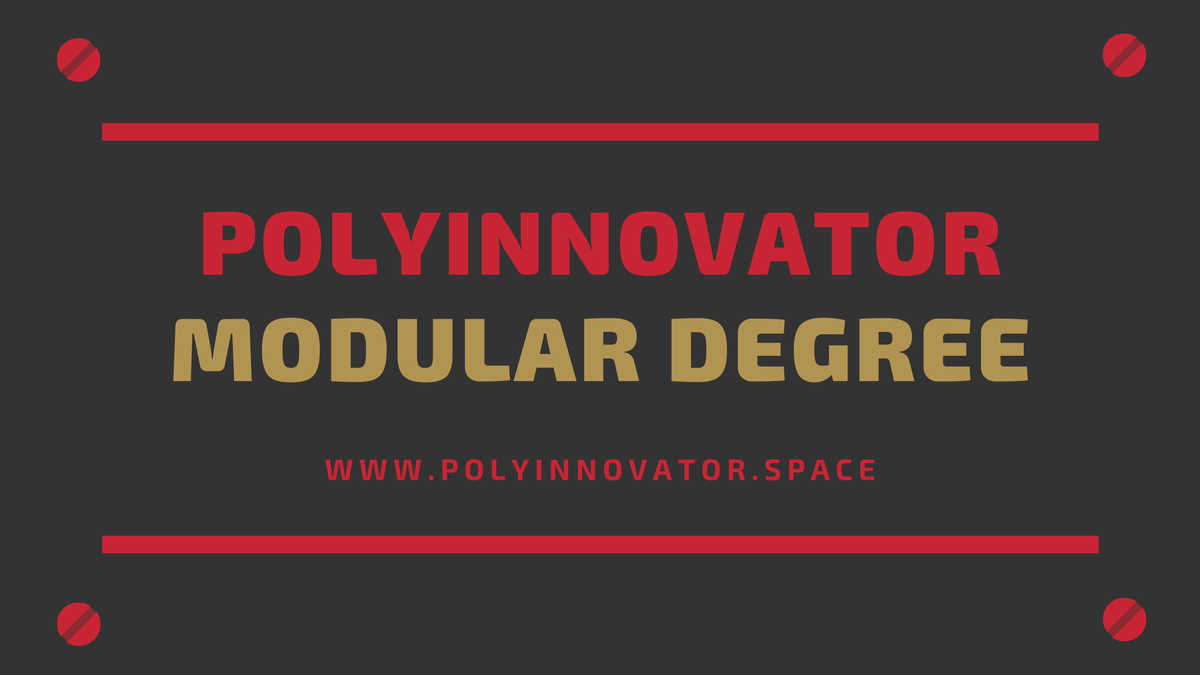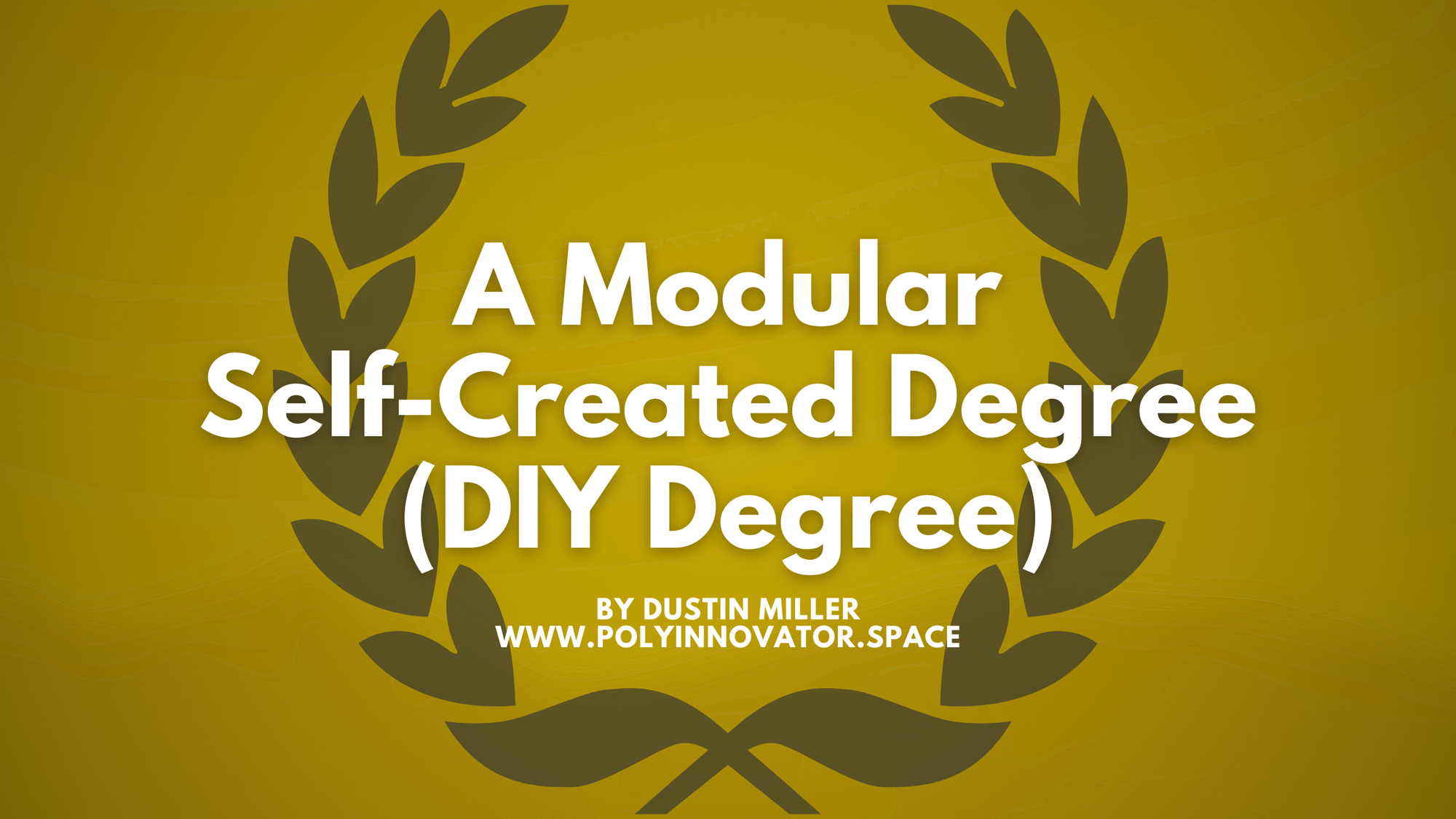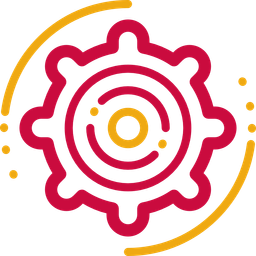It all started with me not finding a degree for the field of study that I wanted to learn. I'm sure that I'm not the only one in this situation, especially if you are interested in more than ONE thing!
I came across a few people, such as Scott Young, that had made their OWN education system or curriculum. Then I decided I wanted a piece of that too.
Introduction: The Concept of a Modular Self-Created Degree
The DIY approach seems most fitting, as if you are wanting a particular learning modality. Then you need to have control over what you are learning, and what materials you are learning from.
"There are known knowns. These are things we know that we know. There are known unknowns. That is to say, there are things that we know we don't know. But there are also unknown unknowns. There are things we don't know we don't know." -Donald Rumsfeld
Thus we must be careful about limiting our learnings to only what we WANT, or that we KNOW that we should learn.
Why Create Your Own Degree?
Let's get off the basics here, and discuss what is the point of making your own?
The main premise is modularity, and being able to adjust what you learn when it is necessary. Not only do things such as technology or programming in particular, get so out of date so quickly. There is often a delay in accreditation programs for universities, that cause an even greater time span from when the knowledge is created to when you get to learn it.
Meaning by taking a traditional route you are limiting yourself to only older knowledge, that may or may not be relevant anymore. This goes for all fields, but especially fast changing ones like coding and digital marketing.
You may also be multi-passionate, or neuro-divergent, so your interests will jump sometimes on a week to week basis (I think if it is day to day, then you may need to slow down!). Meaning you need a more powerful learning framework, that can KEEP UP WITH YOU. Rather than you keeping up with it.
How to Design Your Modular Degree
This is a bit subjective, and I still need to modernize the template. As now the concept is over half a decade old since I started.
Although the basic idea remains the same.
You collect learning materials of all kinds, and you then sort them out based on what taxonomy you prefer.
It could be based on topic, so you do sprints of learning topics, although that method can get a bit stale. Especially if you are not interleaving topics, hence why we have multiple classes that are different throughout the week in traditional schooling.
It could be based on sprints in general, or on semesters (akin to a college degree path). This is more of the middle of the road approach, and you get to decide how long or what makes up those semesters.
This goes back to the basic idea, learning something new, and learning something for a career. You have 3 speed options, and technically you could theoretically do all three at once.
- Bootcamp, fast paced, and job skill acquisition focused.
- Degree-like format, a few years long typically, and multiple subjects.
- Lifelong based learning, and you simply needed a way to organize it all.
What You Need to Know Before Starting
It isn't particularly easy, and self-learning does take some discipline. However it is nothing that you could achieve normally, and often the skills you learn here are needed in college too.
In fact most of the time when you pursue a degree at university you are actually doing most of the learning yourself. The difference is that you have a professor or TA at your disposal to ask questions to. Perhaps you might also have study groups as well.
Those are things however that are quickly becoming available in the self-directed learning world as well. Not to mention there are tools to have AI be your teaching aide too!
Implementing and Adapting Your Degree
This is all talk until you DO something, and so I encourage you to actually implement these things.
The idea is to start collecting a list right? Then find a tool you know how to use, I would recommend things like Obsidian, Notion, or Airtable at least. Although I started out with just ol'google sheets to get started.
You copy the title, link, and add a tag for description.
Conclusion: The Future of Self-Created Degrees
Once you've made a list of stuff you can learn from: courses, podcasts, articles, audiobooks, videos, and books.
Then you can organize them into the various semesters you want to pursue them in. Find a way to prove to the world that you learned this stuff, either through content or micro-credentials. Then adapt, change the resources, and add onto the list. Keep it going, and never stop learning!
Learn more:

![Official Website for Dustin Miller PolyInnovator [LLC]](https://www.polyinnovator.space/content/images/2025/03/polyinnovator-logo-2024.png)












